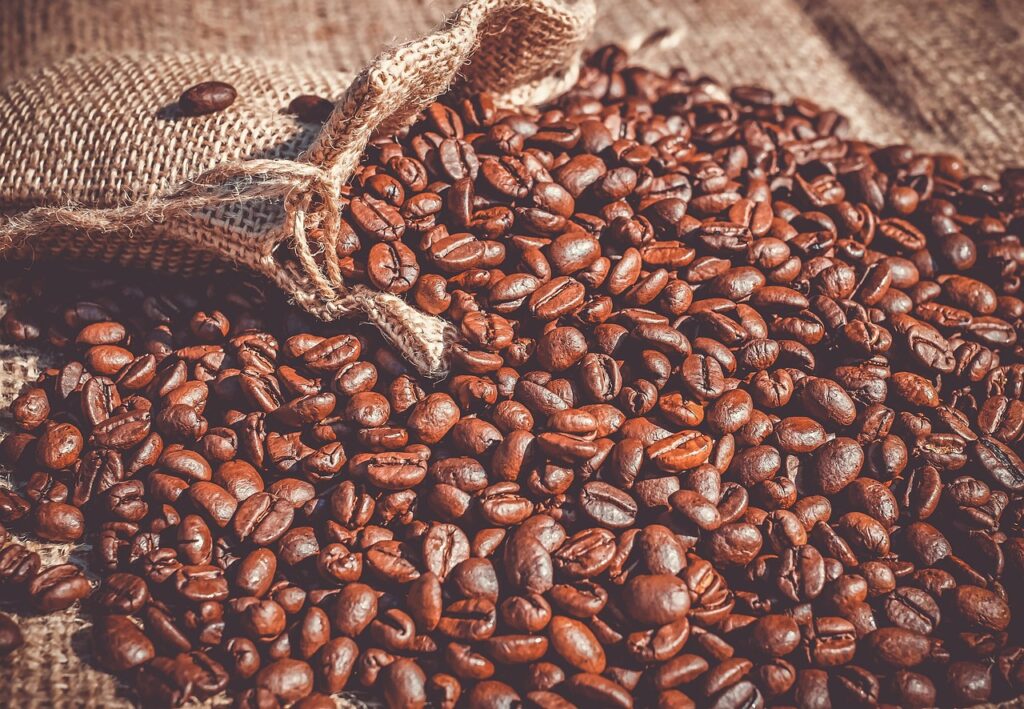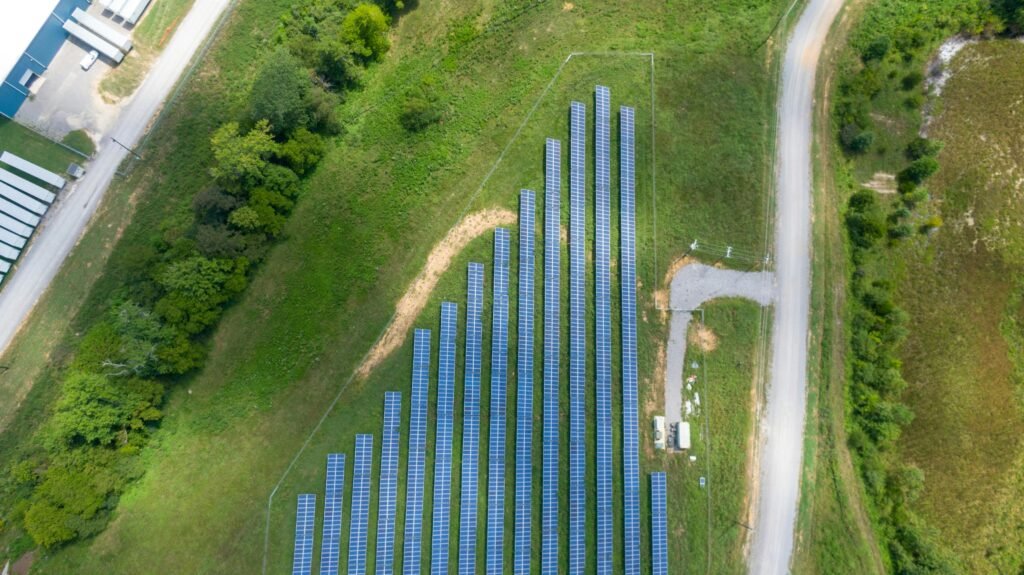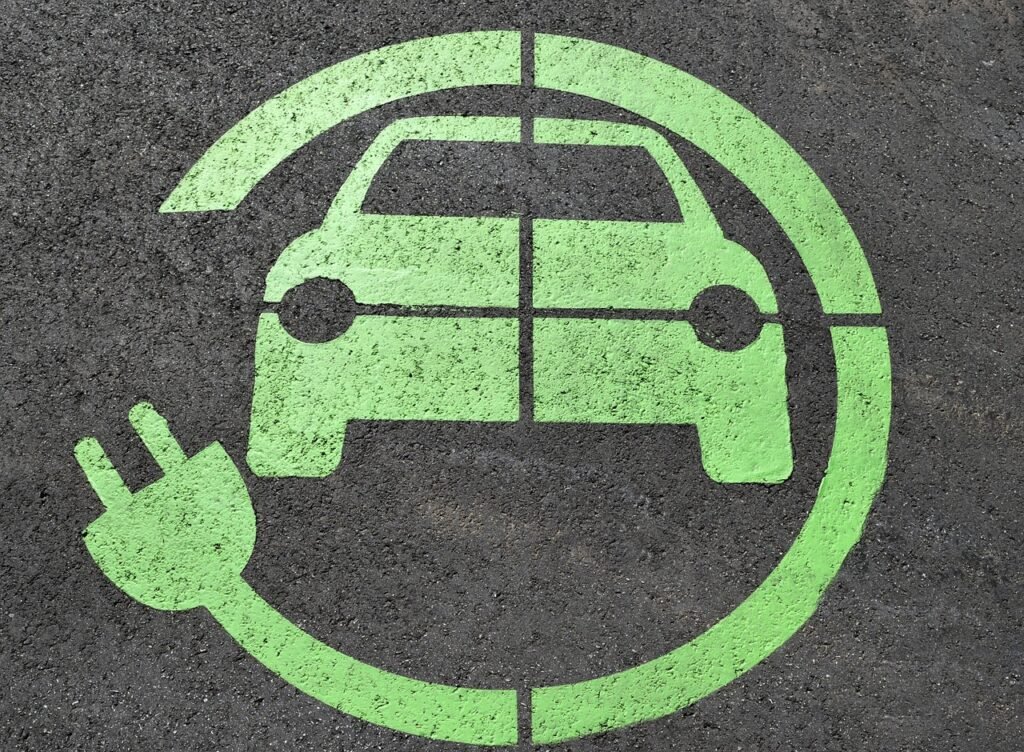Monster Energy is one of the most famous energy drink brands in the world. With its distinctive logo, wide variety of flavors, and reputation for delivering an instant energy kick, Monster has become a favorite among athletes, students, gamers, and professionals. But the question remains: How much caffeine is in a Monster Energy drink, and what does it mean for your health?
This comprehensive guide explores the caffeine content in different Monster products, compares it to other beverages like coffee and Red Bull, explains the health effects of caffeine, and provides practical tips for safe consumption.
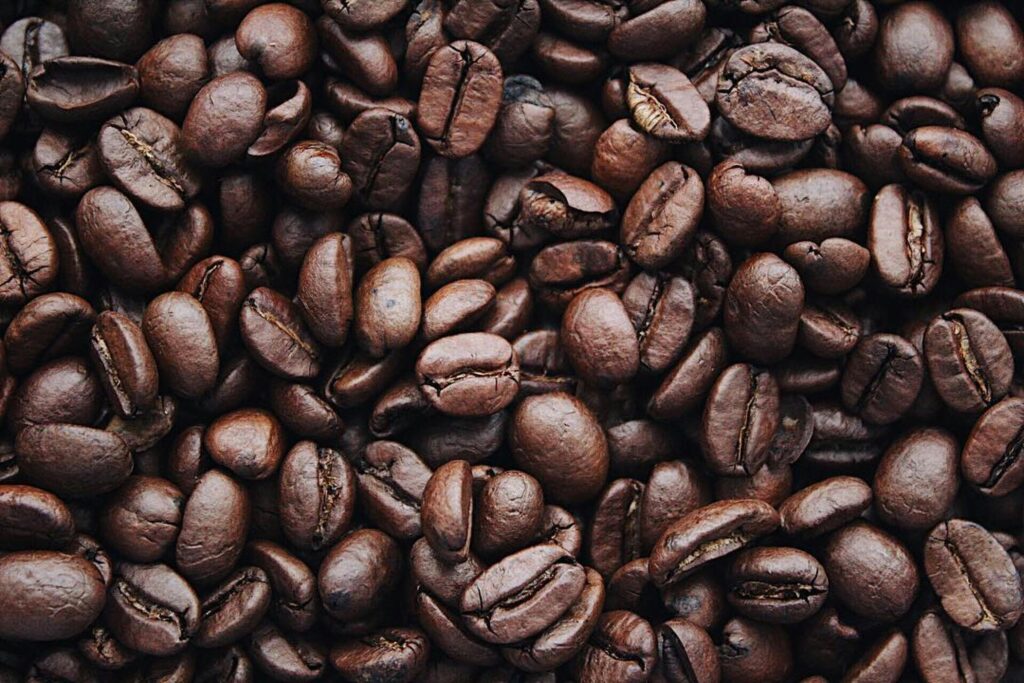
Caffeine Content in Original Monster Energy
The classic 16 fl. oz (473 ml) can of Monster Energy contains 160 mg of caffeine. This is the most commonly consumed size and formulation, and it’s a key reason Monster delivers a strong energy boost compared to traditional soft drinks.
To put this into perspective:
- A cup of brewed coffee (8 oz) contains about 95 mg of caffeine.
- A cup of black tea (8 oz) contains about 47 mg.
- A can of Coca-Cola (12 oz) contains about 34 mg.
Clearly, Monster delivers significantly more caffeine than soft drinks and even more than a single serving of coffee. For many consumers, this is the main appeal—it provides long-lasting energy that helps fight fatigue, improve focus, and support physical activity.
Caffeine Levels Across Monster Variants
Monster is not a single product; it has expanded into many different lines, each with unique flavors and formulations. Here’s a breakdown of the caffeine content in popular Monster varieties (per 16 oz unless noted):
- Monster Energy Original: 160 mg
- Monster Zero Ultra: 140 mg
- Monster Lo-Carb: 140 mg
- Monster Mega Energy (24 oz can): 240 mg
- Java Monster (coffee + energy blend, 15 oz): 200 mg
- Monster Import (18.6 oz): 179 mg
- Monster Rehab: 160 mg
- Monster Assault: 160 mg
- Monster Ultra Sunrise: 150 mg
This variation gives consumers flexibility. Those who want maximum energy may opt for Java Monster or Mega cans, while people preferring a slightly lighter dose can choose Zero Ultra.
Monster vs. Other Energy Drinks
How does Monster compare with its competitors?
- Red Bull (8.4 oz can): 80 mg caffeine
- Bang Energy (16 oz can): 300 mg caffeine
- Rockstar (16 oz can): 160 mg caffeine
- 5-Hour Energy (2 oz shot): 200 mg caffeine
Monster falls in the mid-range category. It provides more caffeine than Red Bull but significantly less than Bang Energy, which markets itself as an ultra-high caffeine option. This makes Monster a balanced choice for consumers who want energy without extreme levels of caffeine.
The Science of Caffeine in Monster Energy
Caffeine is a natural stimulant found in coffee beans, tea leaves, and cacao. In energy drinks like Monster, caffeine is added to boost alertness, improve reaction time, and increase stamina.
When consumed, caffeine blocks adenosine, a brain chemical that causes drowsiness. This leads to increased dopamine and norepinephrine activity, making you feel more awake and focused.
In Monster, caffeine is combined with other ingredients like taurine, B vitamins, ginseng, and sugar, which together enhance the energy-boosting effect. This synergy explains why people often feel a stronger kick from energy drinks than from coffee alone.
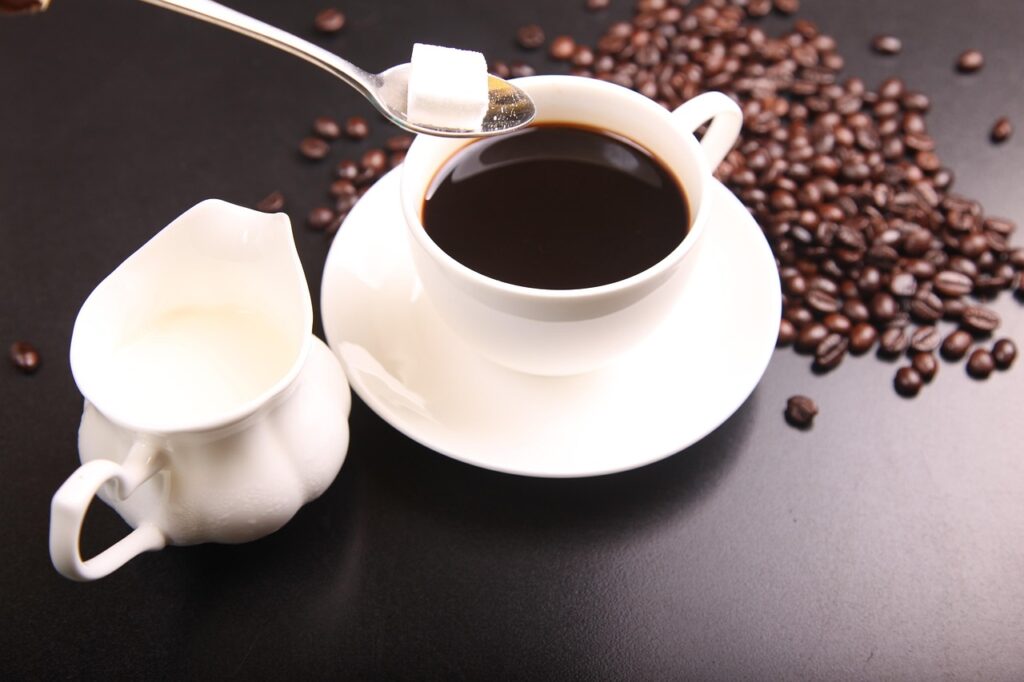
How Much Caffeine Is Safe?
The U.S. Food and Drug Administration (FDA) recommends that healthy adults consume no more than 400 mg of caffeine per day. A single can of Monster with 160 mg is well below this limit. However, problems can arise when multiple cans are consumed in a short period.
For example:
- 2 cans of Monster = 320 mg caffeine (safe for most adults).
- 3 cans of Monster = 480 mg caffeine (exceeds FDA guidelines).
Too much caffeine can cause:
- Insomnia
- Anxiety and jitters
- Rapid heartbeat
- High blood pressure
- Headaches or dizziness
Long-term overconsumption may also lead to dependency and reduced sensitivity, meaning you need more caffeine for the same effect.
Who Should Avoid Monster Energy?
Certain groups of people should limit or completely avoid drinking Monster:
- Children and teenagers: Their bodies are more sensitive to caffeine, and high intake can disrupt sleep and development.
- Pregnant and breastfeeding women: Excess caffeine may increase risks for mother and child.
- People with heart conditions or hypertension: High doses of caffeine can strain the cardiovascular system.
- Caffeine-sensitive individuals: Some people naturally react more strongly to even small amounts.
Monster and Exercise Performance
Athletes often turn to energy drinks for performance enhancement. Studies suggest that moderate caffeine intake can improve endurance, reaction time, and focus during workouts. For this reason, Monster is often used before gym sessions, long runs, or extreme sports.
However, athletes should be cautious: combining Monster with dehydration, heat, or alcohol can be dangerous. Staying hydrated with water alongside Monster is strongly recommended.

Monster Energy Market and Popularity
Monster is more than a drink—it’s a cultural phenomenon. Launched in 2002, it quickly became one of the top-selling energy drink brands globally, second only to Red Bull. Its success is fueled by sponsorships in extreme sports, gaming, and music festivals.
Today, Monster is sold in over 100 countries and has dozens of flavors and product lines. Its blend of branding, flavor variety, and powerful energy kick ensures its continued dominance in the energy drink market.
Safe Consumption Tips
If you enjoy Monster Energy, here are some tips to stay safe while benefiting from its energy boost:
- Limit intake to one can per day (two at most for adults).
- Do not mix with alcohol, as this can mask intoxication and lead to overconsumption.
- Avoid late-night drinking if you want restful sleep.
- Balance caffeine sources—consider how much coffee, tea, or soda you drink.
- Stay hydrated with water to offset caffeine’s diuretic effect.

Conclusion
So, how much caffeine is in Monster Energy? The standard can contains 160 mg of caffeine, making it stronger than coffee and much stronger than soda. With multiple product lines offering different caffeine levels, Monster provides options for every type of consumer.
While Monster can be a useful tool for boosting energy, focus, and performance, moderation is essential. Staying within the safe daily caffeine limit ensures you can enjoy the benefits without the risks.
Monster Energy is here to stay as one of the world’s leading energy drinks, but like all caffeinated products, it’s best enjoyed responsibly.

